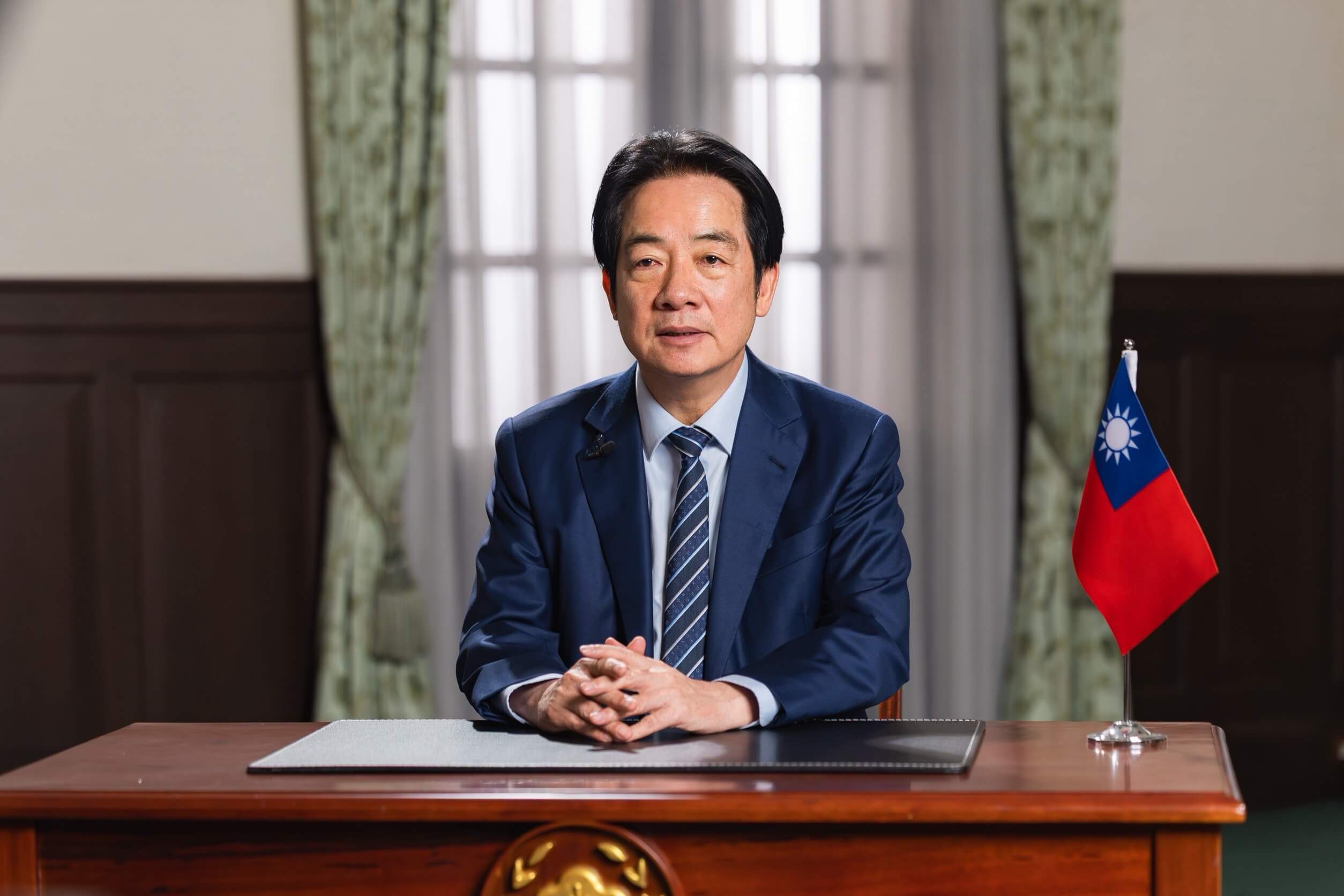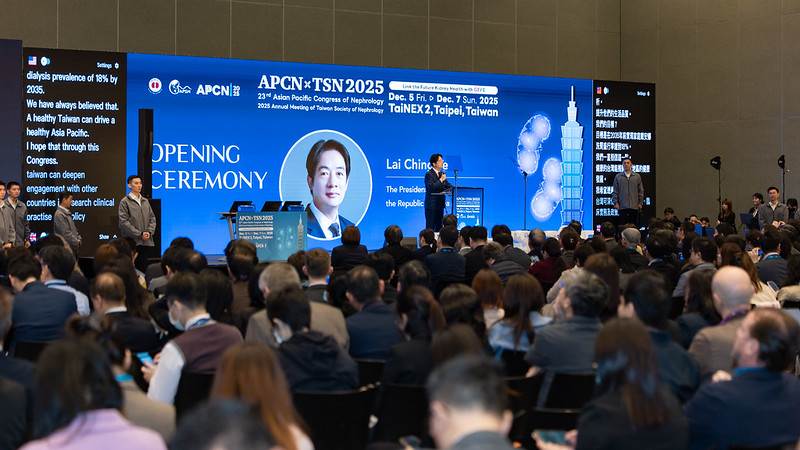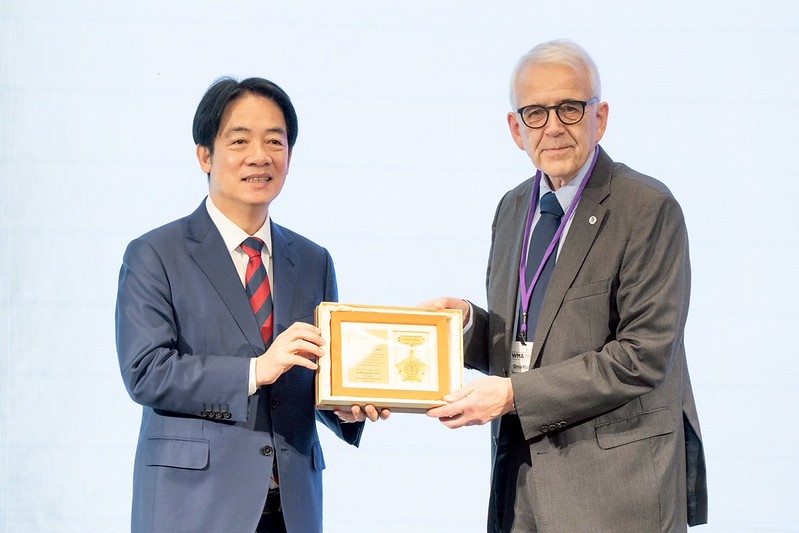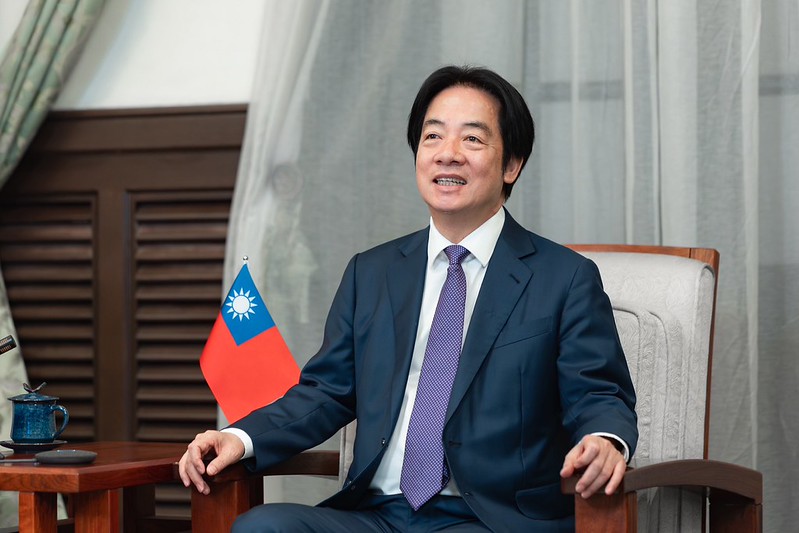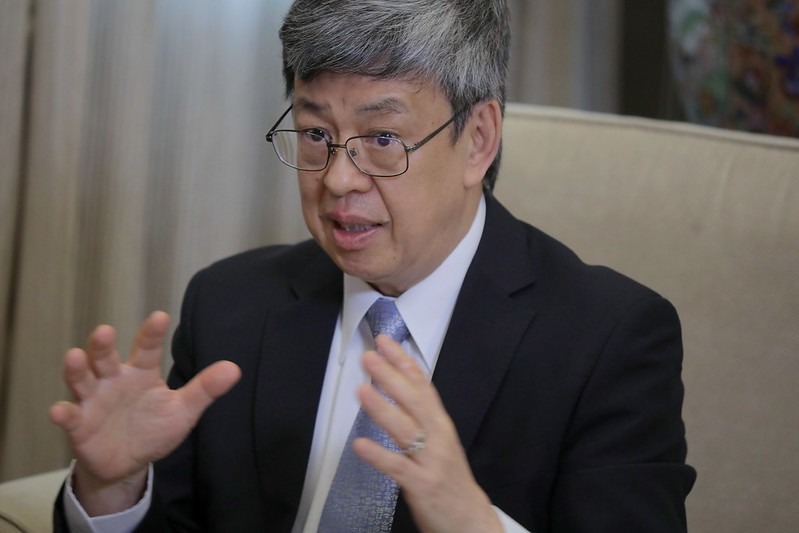News & activities
 News releases
News releases
Vice President Chen Chien-jen was recently interviewed by The New York Times and responded to questions regarding issues such as Taiwan's efforts to fight the coronavirus disease 2019 (COVID-19), international cooperation to fight the pandemic, and Taiwan's participation in the World Health Organization (WHO). The New York Times published segments of the interview on April 22.
As to whether Taiwan is actively striving for international recognition during the fight against the epidemic, the vice president stated that no country can fight COVID-19 alone and we have to work together with other countries around the world. Although we are in a better situation, if COVID-19 still exists outside Taiwan, then we are still at risk. This is a good opportunity to let people know that Taiwan is a good global citizen and tries to work together with others on outbreak control and global health. And we are doing that now.
The media also inquired whether Taiwan has achieved further results in its efforts to join the WHO or obtain membership in international organizations. The vice president pointed out that we still have to fight for our participation in the WHO and the World Health Assembly. Although the WHO says that Taiwan has participated, our participation is fragmented and limited, not complete. We are only allowed to attend 30% of Expert Committees, are barred from 70%, and never get any information from WHO Western Pacific Region (WPRO). Our participation is very conditional, and only with China's agreement. This puts Taiwan at a disadvantage and makes us a global health orphan. Viruses respect no borders, so through this outbreak and our verifiable role model of fighting the virus, we hope Taiwan can share our knowledge, experience, and technologies with other countries, and also let the world know that we want to be a member of the global health family.

